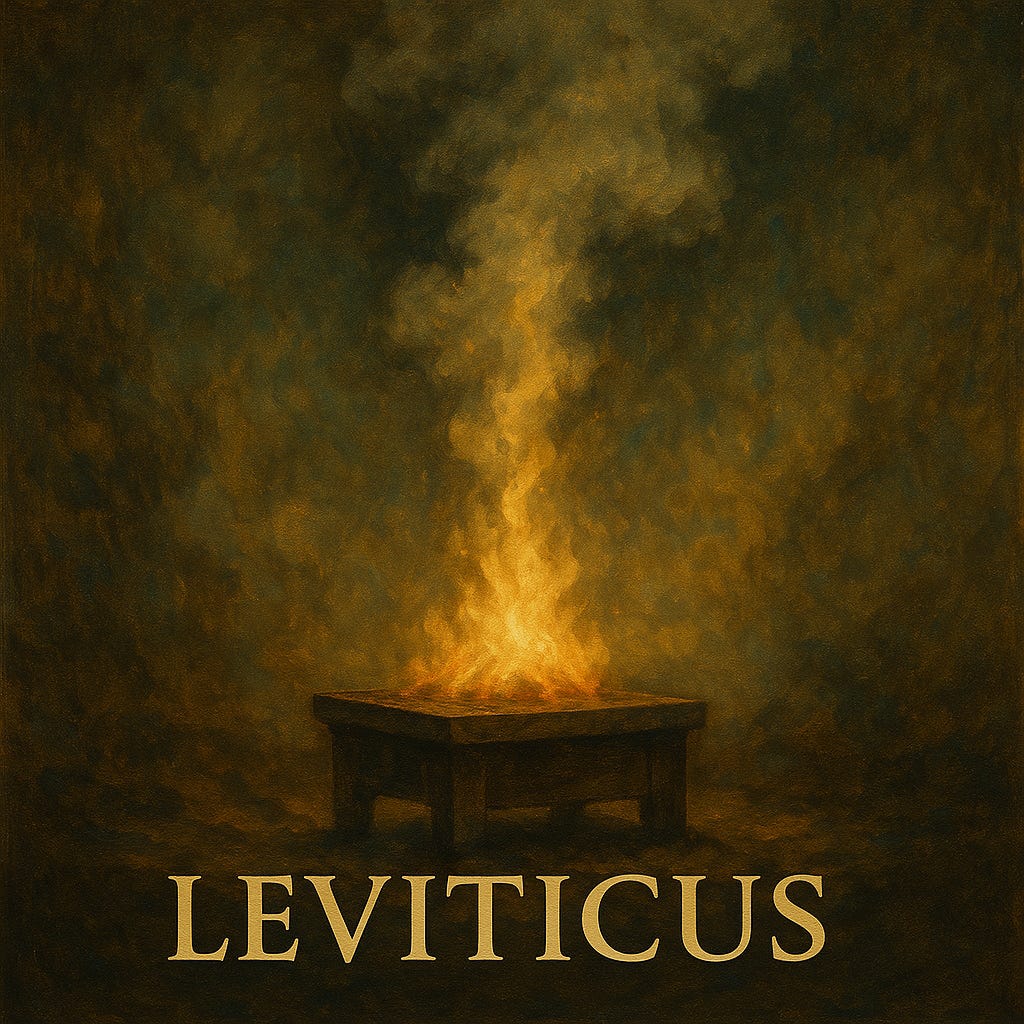Leviticus is often seen as the Bible’s “rulebook”—a collection of laws, rituals, and ancient customs. But to stop there would be to miss its heart. Leviticus reveals a God who is holy—and who desires His people to reflect that holiness in every part of their lives. It is a call not to legalism but to intimacy. Holiness, in Leviticus, is not confined to temples and sacrifices—it is woven into meals, relationships, worship, justice, and daily habits. This book shows us that life itself can be sacred when lived in the presence of God.
Introduction: Why Leviticus Matters
After their dramatic deliverance from Egypt in Exodus, the Israelites needed more than freedom—they needed formation. God had taken them out of slavery, but now He wanted to shape them into a people who could carry His presence and reflect His character. Leviticus answers the question: How does a sinful people live in relationship with a holy God?
This book is deeply pastoral. Every sacrifice, every law, every instruction is meant to teach something about God’s holiness and humanity’s need for restoration. Though it may seem distant from modern life, Leviticus holds timeless truths about worship, reverence, purity, and the sacredness of ordinary living.
Author & Date
Leviticus is part of the Torah, traditionally attributed to Moses. It was likely written during the Israelites’ stay at Mount Sinai, shortly after the events of Exodus. The book provides the priestly and liturgical instructions that would shape Israel’s worship for generations.
Keep reading with a 7-day free trial
Subscribe to Biblical Catholic Living to keep reading this post and get 7 days of free access to the full post archives.




